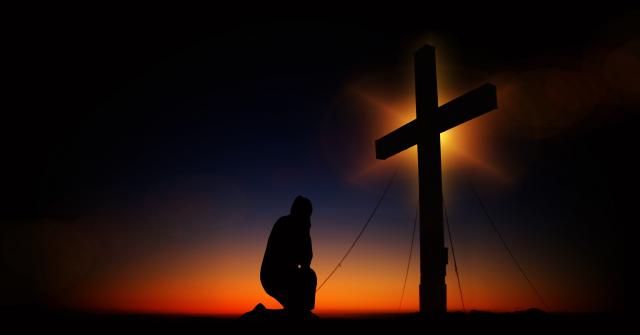
Two Roads Diverge
Over the past decade, I have had a number of conversations with pastors who were beginning to engage on the issue of race in the context of the church. Some are attempting to develop multi-ethnic/multi-cultural churches. Others are struggling with whether multi-ethnic churches were in their future. I have noticed that two dominant themes emerge in my conversations with a wide range of Christians on the topic of multi-ethnic churches.
The first perspective claims that we are all the same and that racial and cultural differences do not matter. Commonplace phrases include:
- “We’re all the same race – the human race.”
- “We don’t have a race problem at our church. We’re all one in Christ.”
- “People put too much emphasis on culture . . . we should be about the culture of Jesus, not human culture.”
- “We’re really trying to form a new culture at our church, one that goes beyond everyone’s original culture”
The second perspective also has its set of catch phrases:
- “We have too many issues in our own community.”
- “We’re just not ready, it’s too difficult a task to try be a multi-ethnic community.”
- “Multi-ethnic churches don’t grow, if we want to grow as a church, we need to be with people like ourselves.”
Professor Willie Jennings of Duke Divinity School finds in these two different streams, the manifestation of two historical heresies. The first perspective reflects the docetic heresy, while the second perspective reflects an adoptionist heresy.
The docetic perspective is the theological heresy that Jesus was not human at all. There were strains of the gnostic heresy in the docetic perspective. Flesh and matter were evil. Jesus could not have been encased in flesh, since flesh is evil. Therefore, Jesus was fully spirit and his physical body was an illusion. The docetic perspective stems from the inability to deal with differences. Human limitations and differences were a problem to overcome and to be eradicated rather than something to be renewed. The docetic antagonism towards the flesh yields an antagonism towards anything of the flesh. Racial and cultural identity (arising from the material world) should be obliterated, rather than affirmed.
The adoptionist perspective is the theological heresy that Jesus was born fully human and was later adopted by God as His son, by virtue of Jesus’ supernatural devotion to God. The awareness of this adoption occurred at the moment of Jesus’ baptism. Declared a heresy in the second century, adoptionism was refuted by the First Nicean Council – hence the Nicean Creed’s assertion that Jesus was “eternally begotten of the Father”.
Adoptionism places a priority on one’s social location and identity and places high emphasis on one’s context. Because one’s social location and identity are centralized, Christianity gets added on as an extra ingredient. Christianity is subservient to one’s culture, race and ethnicity, which hold a primary, central position.

So one perspective exalts culture, while another position diminishes it. Both perspectives are heretical. Neither path is an appealing option.
I find that evangelical Christianity struggles with how to best deal with culture. We tend to cover the gamut of perspectives ranging from the docetic to the adoptionist. In Many Colors, I try to address the need to have a healthy perspective on culture. A perspective that does not disparage or diminish culture.
At the same time, it does not elevate culture beyond its rightful place. Part of the process of planting and developing multi-ethnic/multi-cultural churches requires a deeper theology of culture. Working towards a deeper theology of culture provides a starting point for developing cultural intelligence for a changing church.
For more on the topic, see this article: Endorsement of racial “color-blindness” is linked to racism







